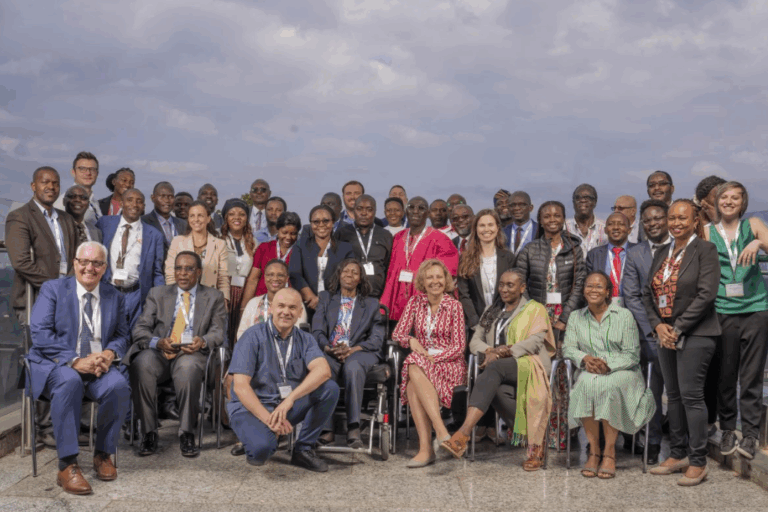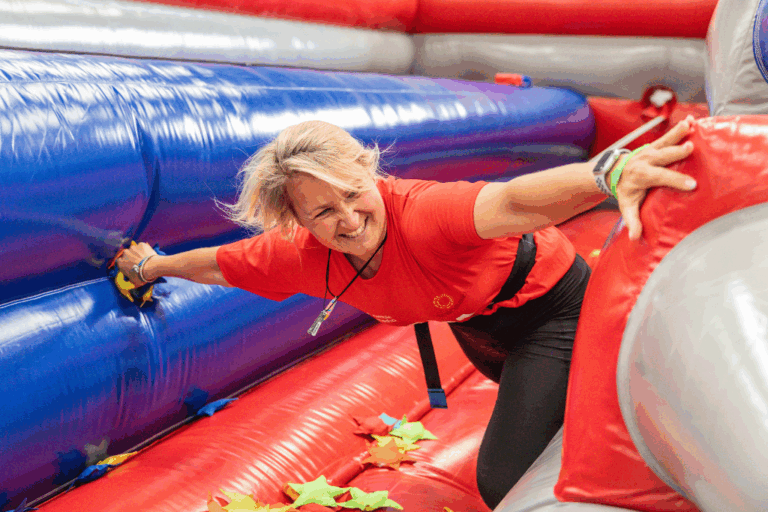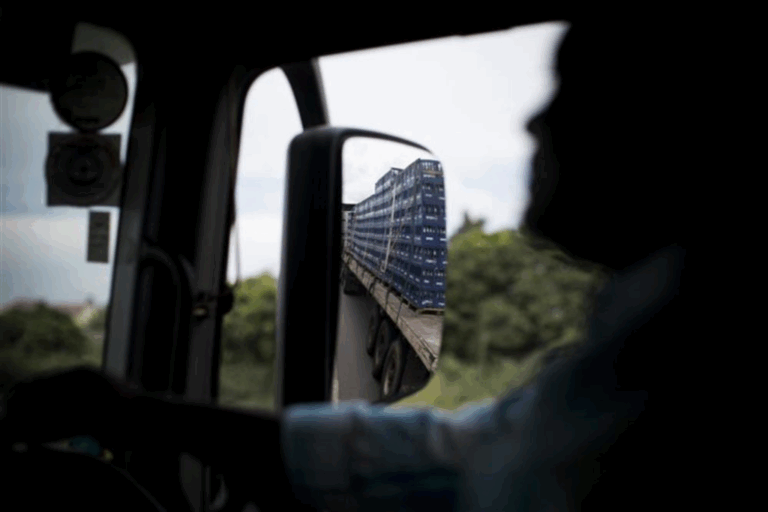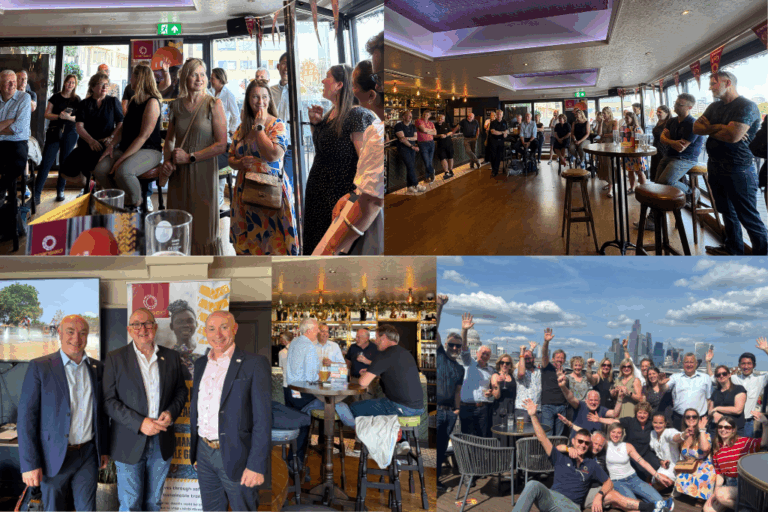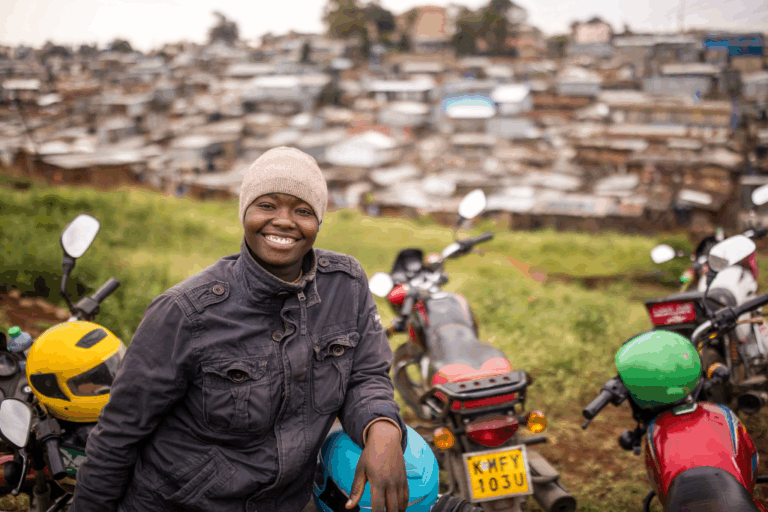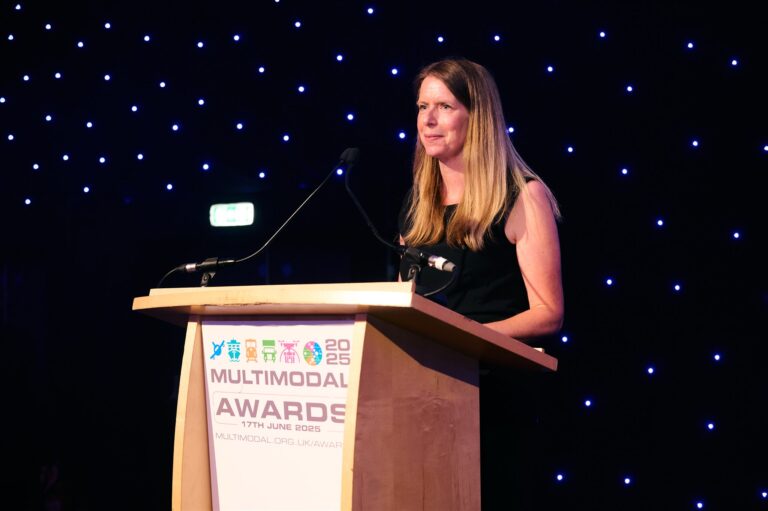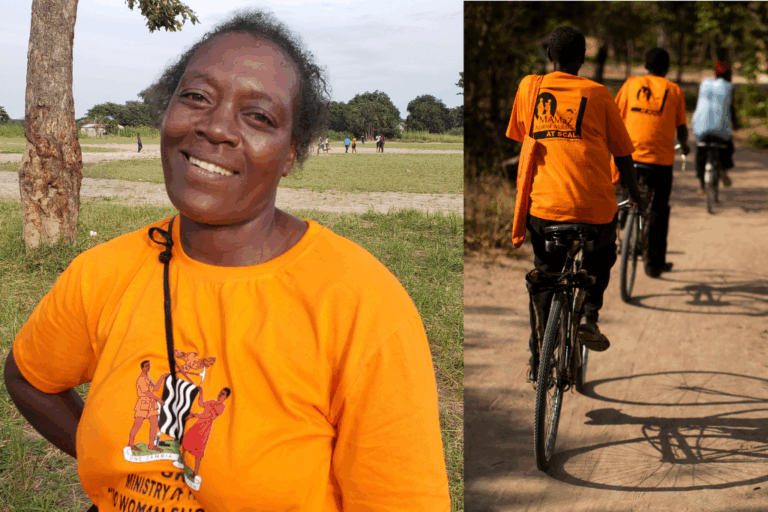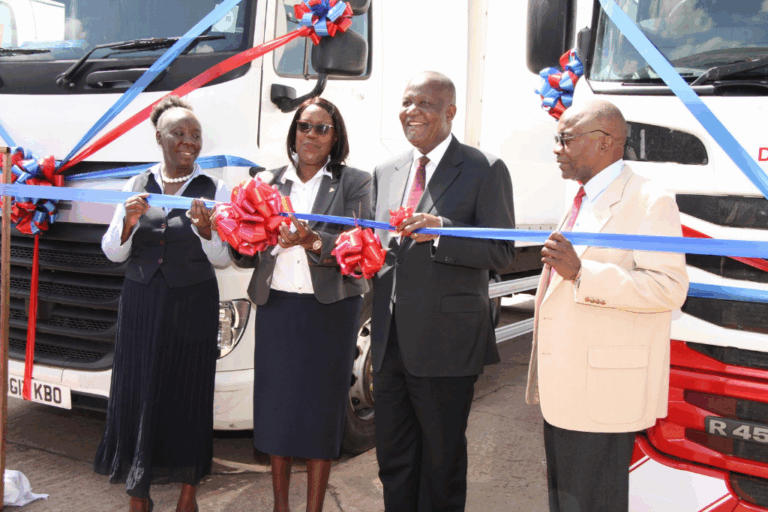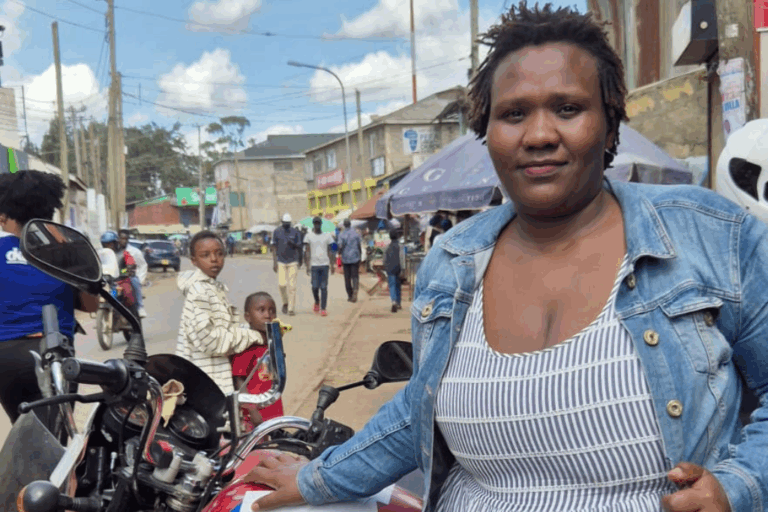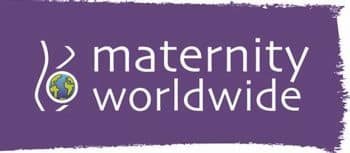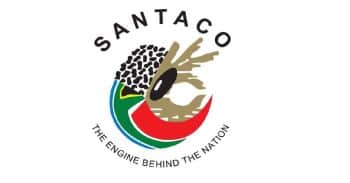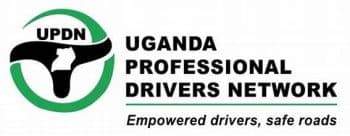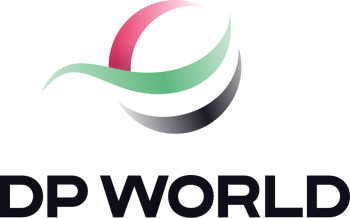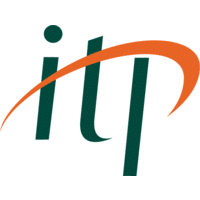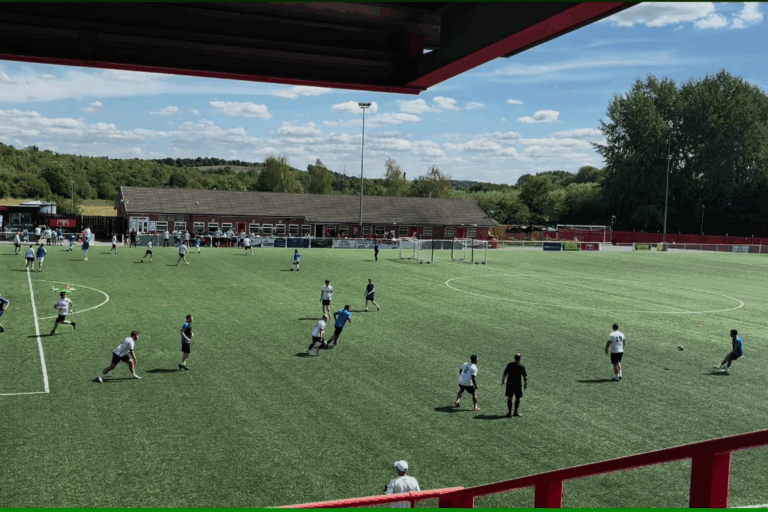
News
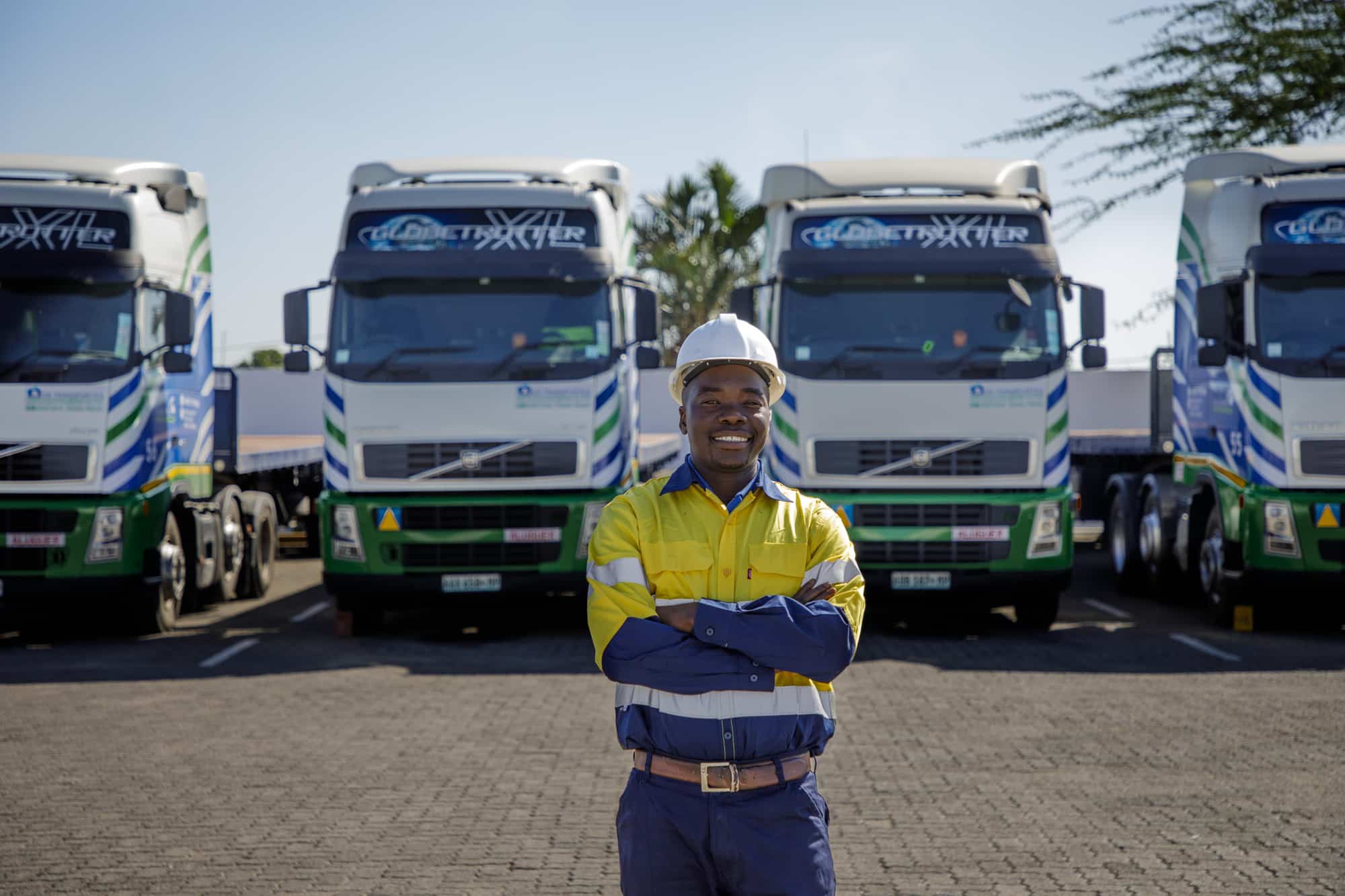
Communication and COVID-19: raising awareness in Uganda and Zambia
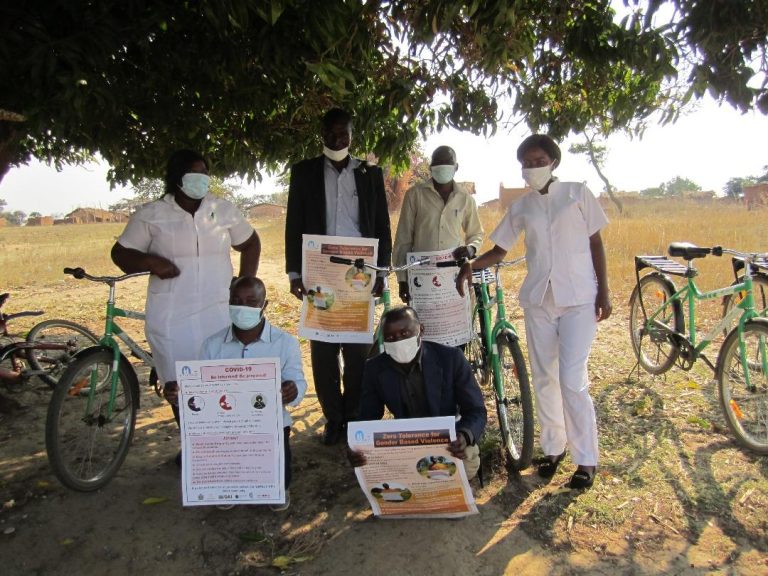
In the global effort to combat COVID-19, communication is key. We are currently responding to the pandemic in two African countries, focusing on two communities that face specific challenges due to COVID-19: truck drivers in Uganda, and rural communities in Zambia. Whilst our approach varies between the two countries, both COVID-19 response programmes feature a sensitisation component to educate communities on how to protect themselves during the pandemic.
When tackling a never-before seen virus, knowledge is power. Community education is vital in the effort to stop the spread of COVID-19, which is why the MAM at Scale team is employing a number of methods to make sure vital health information is disseminated to all members of the community as part of their COVID-19 response in Zambia.
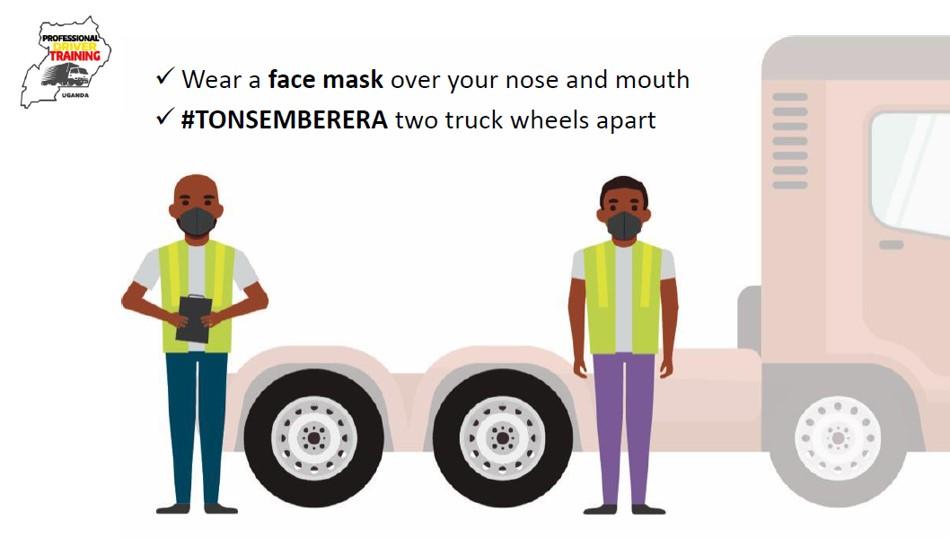
Many of the communities served by MAM at Scale are located far from health facilities, and have limited access to electricity. The MAM at Scale team have therefore had to explore a number of communication methods to make sure no one is left behind in the fight against COVID-19.
Community Health Volunteers (CHVs) have been instrumental in MAM at Scale’s success in tackling severe malaria. As a respected voice in their community and a first port of call for families in need of medical advice, they are now turning their attentions to COVID-19.
CHVs are integrating COVID-19 into their door-to-door visits to provide personal support to families. Between April and July, 12,687 socially distanced door-to-door visits were carried out by CHVs in five Zambian districts.
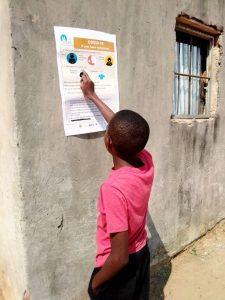 The MAM at Scale team are also distributing posters — in English and local languages — to inform people of the symptoms of COVID-19 and educate them on how to avoid spreading the virus.
The MAM at Scale team are also distributing posters — in English and local languages — to inform people of the symptoms of COVID-19 and educate them on how to avoid spreading the virus.
Radio has also proved to be a popular medium for awareness-raising. Between April and July, 32 radio sessions have been broadcast in Serenje and Chitambo districts, in which people can call in with questions about COVID-19. Chama and Manyinga districts have also benefitted from 16 radio sessions in June and August. These programmes are also preceded by catchy jingles summarising key information about the virus, which have been well received.
Over in Uganda, our COVID-19 response has been targeted at truck drivers who, according to Transaid CEO Caroline Barber, are “facing increased scrutiny whilst enduring evermore challenging and unpredictable hazards to keep supply chains running.”
Similarly to our COVID-19 response in Zambia, radio is being used to raise awareness about best practices for truck drivers to protect themselves from COVID-19. This quarter we recorded a number of jingles containing driver-specific safety advice. Again, these jingles have been recorded in English, Swahili, and Luganda to ensure that their message reaches as many people as possible.
Sensitisation is just one aspect of our COVID-19 responses. In both Uganda and Zambia, we are also empowering people to protect themselves and limit the spread of the virus through the provision of handwashing facilities and sanitisation materials.
Knowledge sharing remains at the heart of our work to transform lives through safe transport. You can access tools, reports, and documents from our programmes online through the Knowledge Centre on our website. Click here to view all the resources from our COVID-19 responses.
Recent Posts


